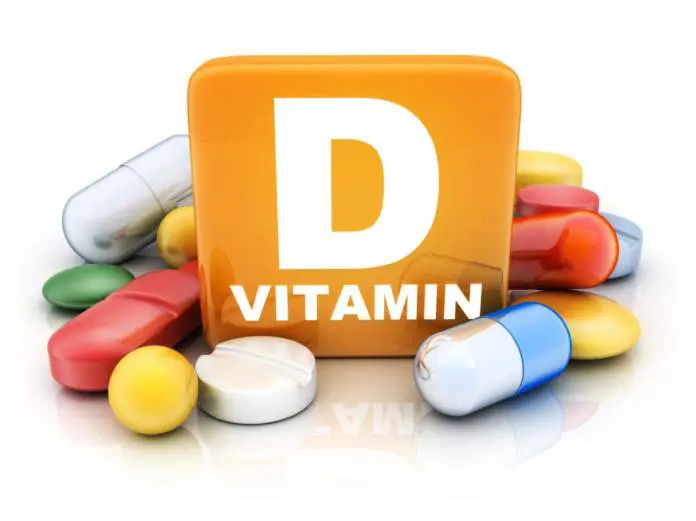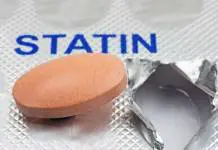
A new study published in the New England Journal of Medicine reveals that higher doses of vitamin D do not prevent osteoporosis or risks of broken bones in healthy people. In an earlier study that involved about 26,000 participants, researchers also found that high doses of vitamin D do not prevent risks of heart disease, cognitive decline, or cancer.
While it is believed that popping vitamin D could keep the bones of aging folks strong, it is now revealed that taking more than the recommended dose does not make bones stronger or prevent damage risks. The same holds true for most people who take calcium supplements with their vitamin D supplements, and for those having lower levels of vitamin D.
Dr. J. Chris Gallagher, a professor of medicine in Creighton University’s endocrinology department, emphasized that what people need is “just enough vitamin D to make sure you’re not deficient” and that while the compound is good for strong bones, consuming more of it is useless in promoting stronger bones.
In 2011, the National Academy of Medicine recommended that 600 IU of vitamin D is sufficient for most people in the United States and Canada. But for people above the age of 70, the recommendation was moved to 800 IU since aged folks spend more time indoors – away from the direct sunlight that is required to naturally manufacture vitamin D in the skin.
Health experts said working in the sun for 10 minutes can boost vitamin D levels by 10,000 IU. Most experts said 1,000 IU of vitamin D daily is okay for most people since this is about the number available in most drugs sold in pharmacies. “The overall conclusion is the vitamin D doesn’t do anything (to prevent) most diseases, but you need a certain amount to avoid deficiency,” said Gallagher.
Overall, “these findings overturn dogma and cast doubt on the value of routine screening for vitamin D blood levels and blanket recommendations for supplementation,” said Dr. JoAnn Manson, chief of preventive medicine at Brigham and Women’s Hospital. “Spending time outdoors, being physically active and having a heart-healthy diet will lead to greater gains in health” for most people.











